
Trip Highlights
- Get to spend some amazing time by the beaches and save the sea turtle from extinction
- Work with experts to improve the environment for turtle nest and make the hatchlings' journey to the Pacific Ocean safer
- Contribute towards monitoring and protecting the local sloth populations
- A chance to interact with the locals and soak in the Costa Rican lifestyle
- Meet a bunch of like minded travelers from across the world
Overview
Overview
Being a volunteer for the Turtle & Sloth Conservation Program in Costa Rica, you'll be working alongside the local staff who are already engaged in saving the lives of these animals. Over the last few years, there has been a massive decline in the number of turtles and now, they are on the endangered species list. If we don't act now, we might lose these animals forever.
This incredible project is located at a distance of about 30mins south of the small town of Quepos on Costa Rica's central Pacific coastline, roughly 1 hour south of Playa Hermosa and Playa Jaco and 2 and a half hours from San Jose. Offering a relatively remote expanse of beach, largely unpolluted by noise and light, this is a popular nesting ground for thousands of sea turtles each year. The most common species include Olive Ridley, Pacific Green, Leatherback, and Hawksbill.
Volunteers will be protecting and nurturing the turtle eggs laid across the beach during the nesting season - which is from August to February. Apart from that, volunteers will get to support the research and conservation work which involves counting turtles, measuring nests, collecting scientific information, and going for night beach patrols. They will also help protect turtle nests from human poachers, assist in the egg-harvesting programs, and help in the hatcheries. Volunteers may also get the fantastic opportunity to participate in the subsequent release of hatchlings to the sea!
Additionally, volunteers will also get to monitor local sloth populations to protect and conserve this species. Needless to say, it'll be an amazing opportunity to gain unique experience on conservation projects, learn more about the Costa Rican people and culture and travel to beautiful locations.
Program Requirements
Program Requirements
Volunteers must be 18 years or older at the time of joining the project. You need to have an open mind and a flexible attitude for working in a new and different environment. The volunteer should bring energy and enthusiasm to make a difference. Participants must be fit and healthy at the time of joining the program and should be prepared to work outdoors and get their hands dirty. Participants in the program should have a keen interest and love for animal conservation work. Participants should have no criminal convictions and should provide a clean criminal background check report.
Volunteer Roles & Responsibilities
Volunteer Roles & Responsibilities
As a volunteer for the conservation program in Costa Rica, your major tasks would be:
- Beach cleaning, night patrolling, monitoring the turtle eggs
- Preparing and maintaining the turtle hatcheries
- Assist the local staff and work on projects to improve the environment for nests and to make the hatchlings journey to the Pacific Ocean safer
- Reforestation activities and maintaining the natural habitat for the sloths
- Educate the local people about turtle trafficking and its consequences
Volunteer Work Schedule
Volunteer Work Schedule
Volunteers will have to take a flight to San Jose, from where they will be taken to host family accommodation in Santa Barbara de Heredia, 40mins north of San Jose. (Arrival is on Saturday)
On Sunday the local team will arrange your pickup from host family and transfer to the project location by public bus. A representative from the local project team will meet you on arrival at the bus station and take you to the accommodations to settle in.
Monday: You will be taken to your project site and introduced to the project leader who will provide specific information about your role.
Volunteers need to be flexible to work in this program, as the schedules are largely dependent on the season and breeding activities that take place. However, a general day would look something like this:
4:30 am - Beach Patrol
This is a year-round activity, even in the low season (March to July). Volunteers have to go for an early morning patrol of the beach to monitor and protect turtle breeding grounds.
8:00 am - Breakfast at the accommodation
Volunteers are usually free post-breakfast and can utilize this time by reading, exploring the local area, swimming or chilling on the beach.
1:00 pm - Lunch at the accommodation
Afternoon Volunteering duties Post-lunch, volunteers will be assigned various duties that mostly vary depending on the season. Usually, volunteers can expect to work for 2 - 3 hours each weekday afternoon completing tasks to monitor, preserve and care for sea turtles and wildlife (such as sloths, parrots, macaws, alligators and more) in the local area.
Evenings/Nights Free time/Night patrols
During the nesting period (from August through February) volunteers will be involved in night-time beach patrols to protect turtles, collect eggs and generally monitor the breeding grounds.
Living
Living
Being an International Organization, we try to make sure that our volunteers are given the kind of comfort and flexibility they seek. In terms of airport pick up, stay, local travel or work and even city tour, we help our volunteers and facilitate everything for them.
Airport Transfer
Volunteers are picked up from the San Jose International Airport by the local coordinator or representative and transferred to the host family accommodation in Santa Barbara de Heredia for the first night.
Accommodation
Upon arrival in Costa Rica accommodation is provided in a host family for a night.At the project site, participants stay at the volunteer house in Matapalo, where the rooms are dorm-style, shared among four volunteers. The house has all the basic amenities including western-style bathrooms, electricity, cold water showers, wifi, communal areas, and a well-equipped kitchen. Bedding is provided so volunteers need only bring toiletries and a towel.
Orientation
All volunteers are given an Orientation beginning on their project start date. Orientation is conducted by the local staff at the project and covers topics such as Project Overview, Rules and Expectations, Safety and Introduction to your project and placement.
Meals
At the host family, two meals a day are provided. While at the project, Breakfast and lunch are provided daily in the program. Dinner can also be arranged with the project site for a small fee or volunteers may enjoy dining out in the local area along with other participants.
During your Free Time
Volunteers are free to visit and see places during their free time or weekends The country offers unparalleled natural beauty, active volcanoes, rainforests, and a wide range of national parks and eco-tourism. In addition, Costa Rica has over 1,000 miles of gorgeous white-and-black sand beaches.
Dates
Dates
2024
2025
January
14
28
February
04
18
March
04
18
April
01
15
May
06
20
June
03
17
July
01
15
August
05
19
September
02
16
October
06
20
November
04
18
December
02
January
12
26
February
02
16
March
02
16
30
April
06
20
May
04
18
June
01
15
July
06
20
August
03
17
September
07
21
October
05
19
November
02
16
December
07
21
Past Date
Available
Unavailable
Filling Fast
Costs
Costs
Please Note: -An application fee of £179 is charged over and above the program fee as an application payment.
What are you Paying for?
- 24 hrs Assistance and support from VS Staff
- Comprehensive Pre- Departure Information
- Pickup from San Jose International Airport and transfer to accommodation
- Bus transfer to Playa Matapolo and pickup from bus station
- Orientation on arrival at Project
- Dorm style accommodation at the project
- Meals
- Certificate Of Completion (Upon Request)
What's NOT included?
- Airfare
- Visa
- Vaccinations
- Weekend trips and excursions
- Any personal expenses
- Travel insurance (available at nominal cost)
- Post project stay in San Jose
- Return travel back to San Jose
Reviews
Reviews
Frequently asked questions
FAQ's Application and Program Details
Flights and Visa
Health and Safety
Connect with Past Volunteers
Accommodation and Living
More projects in Costa Rica
Still have Questions?
We're always here to help.
Get in touch whatever way works best for you.
 ES
ES  PT
PT  IT
IT  DE
DE 

 Bali
Bali  Cambodia
Cambodia  India
India  Malaysia
Malaysia  Nepal
Nepal  Philippines
Philippines  Sri Lanka
Sri Lanka  Thailand
Thailand  Vietnam
Vietnam  Ghana
Ghana  Kenya
Kenya  Madagascar
Madagascar  Morocco
Morocco  South Africa
South Africa  Tanzania
Tanzania  Uganda
Uganda  Australia
Australia
 Costa Rica
Costa Rica
 Ecuador
Ecuador
 Peru
Peru
 Ireland
Ireland
 Greece
Greece
.jpg)
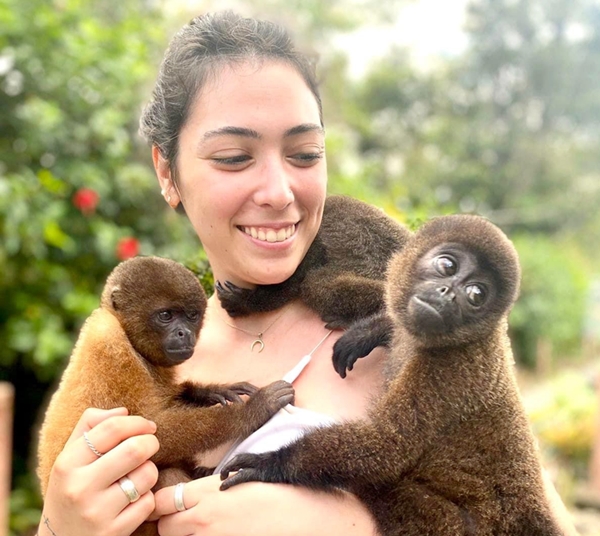
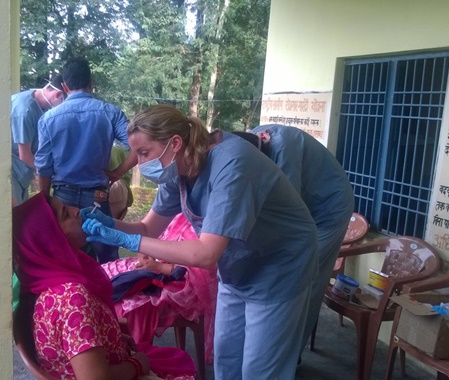
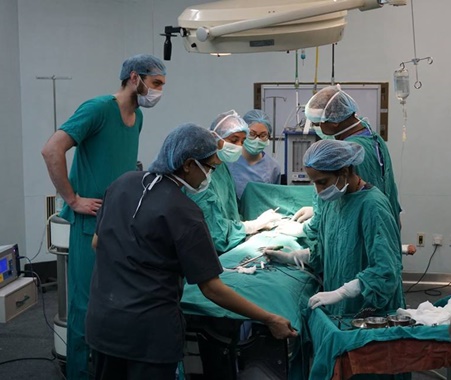
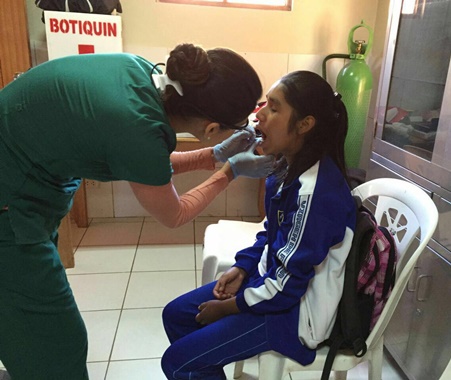

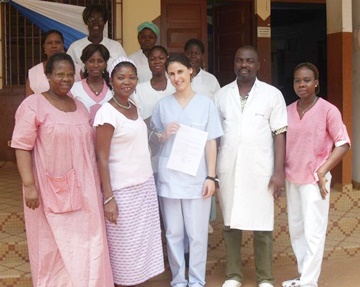
.jpg)
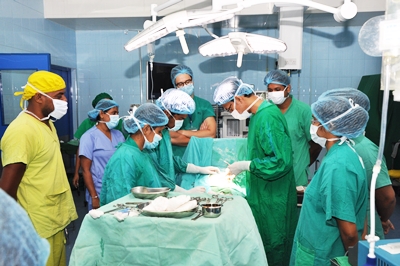




















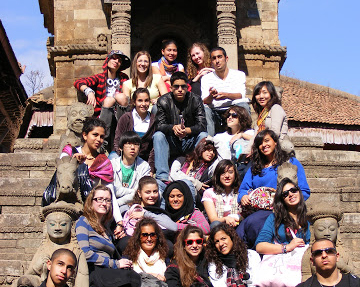
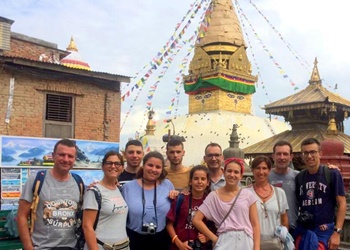
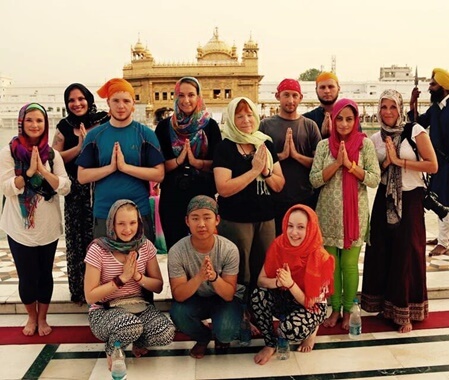




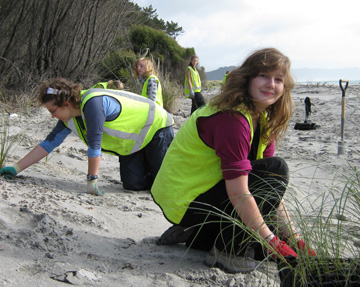


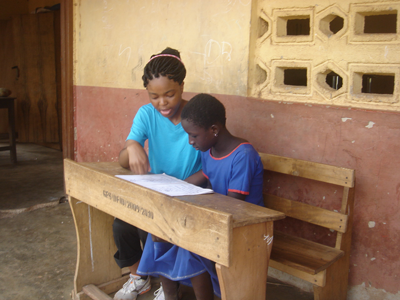

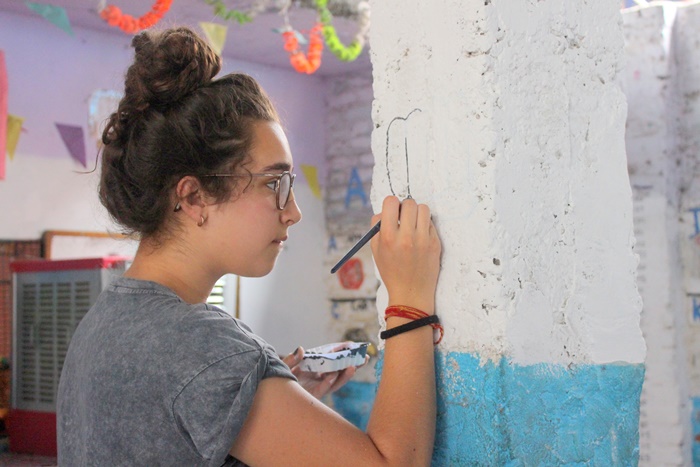

.png)
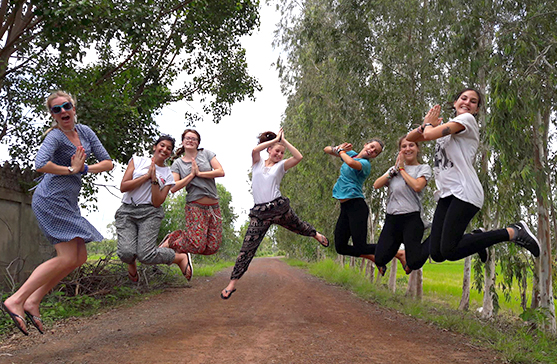



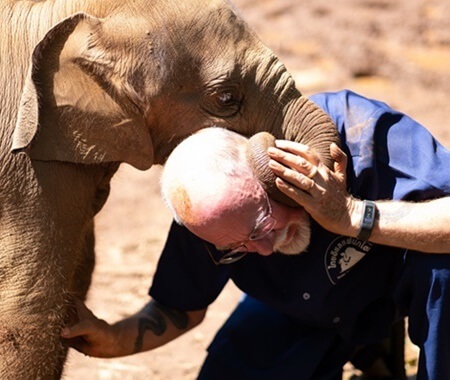
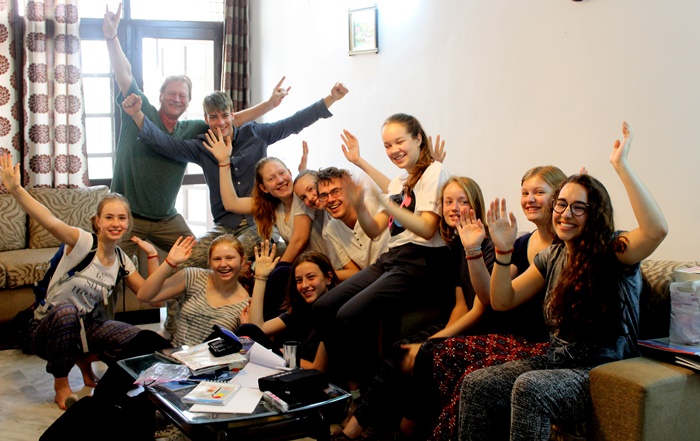





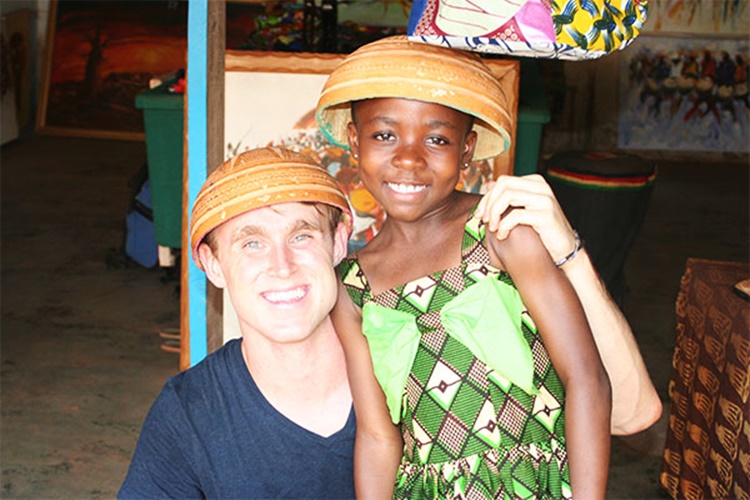

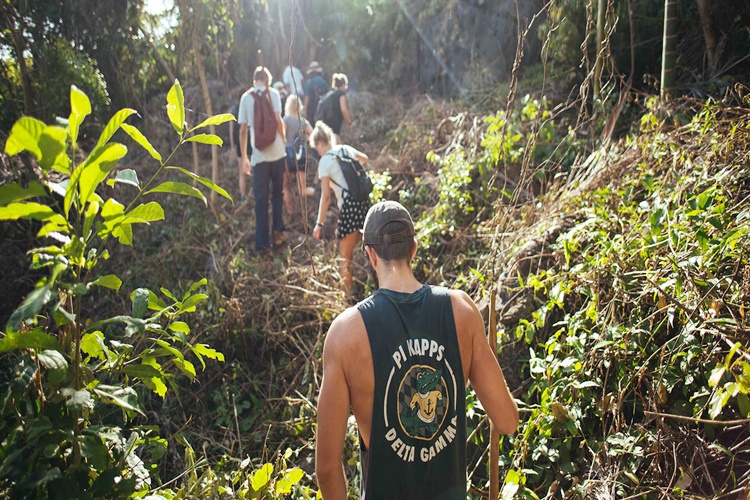
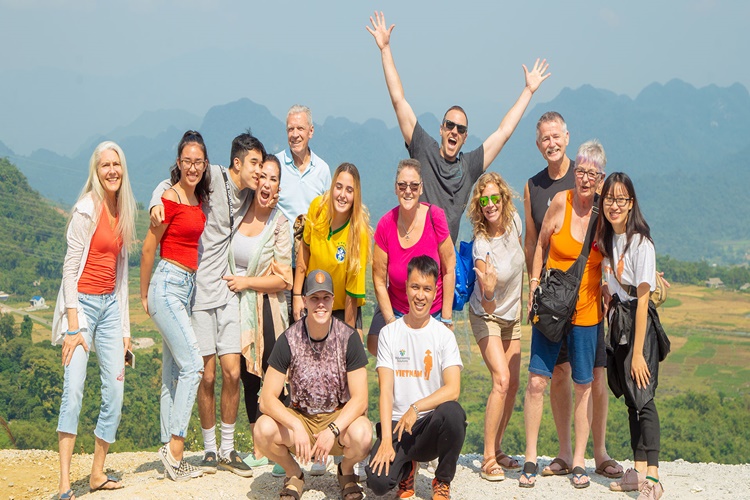


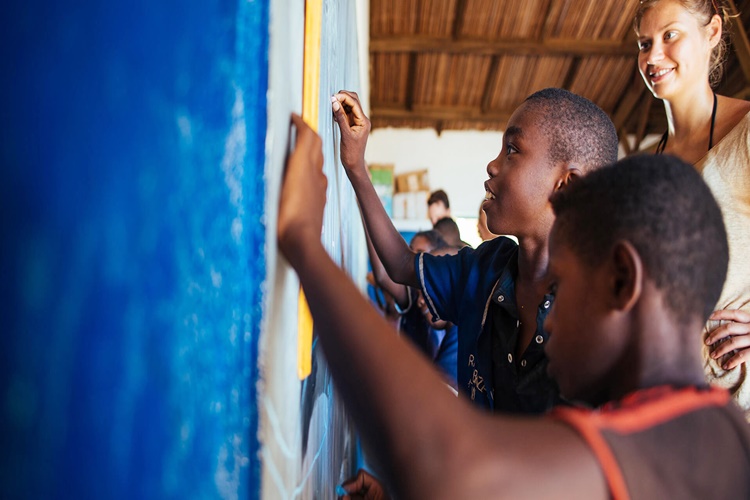
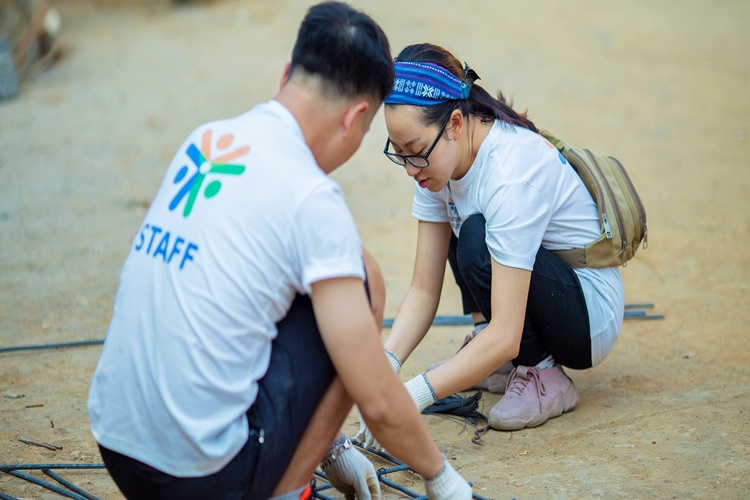
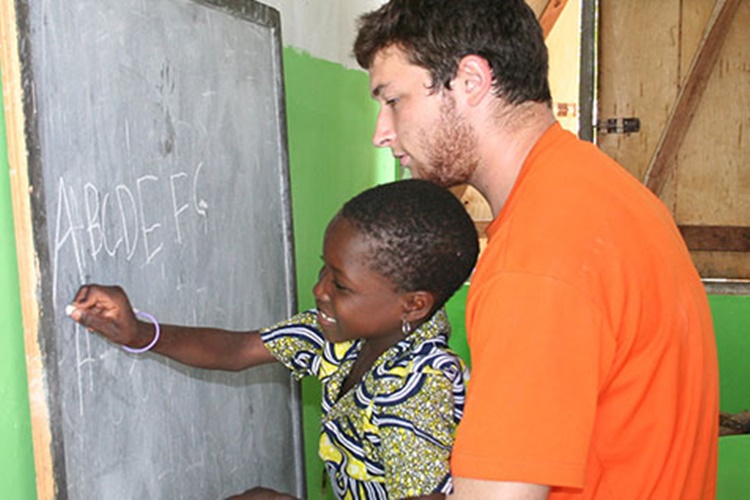


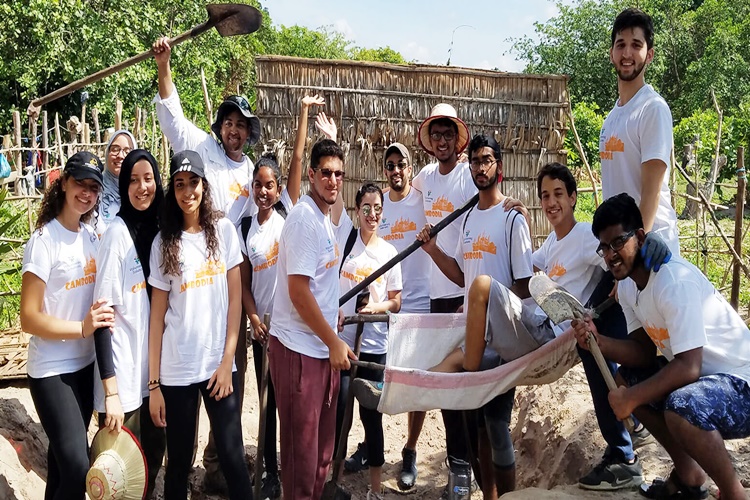
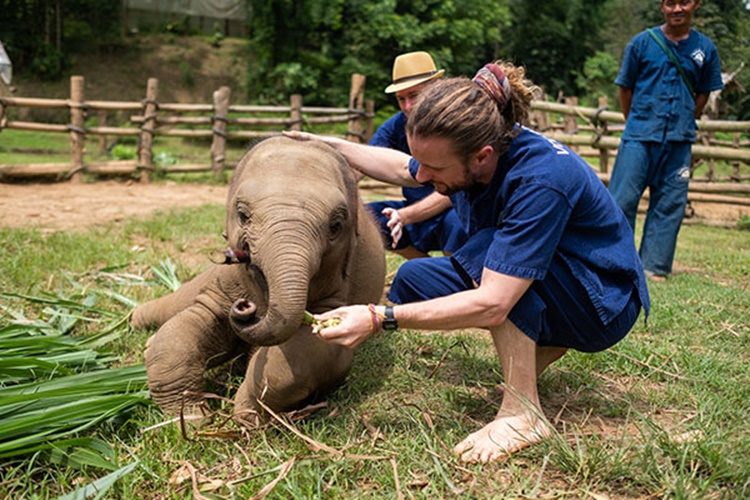
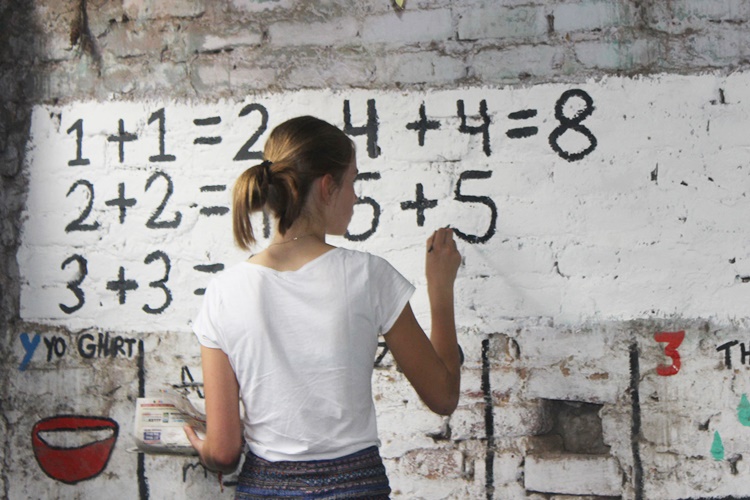
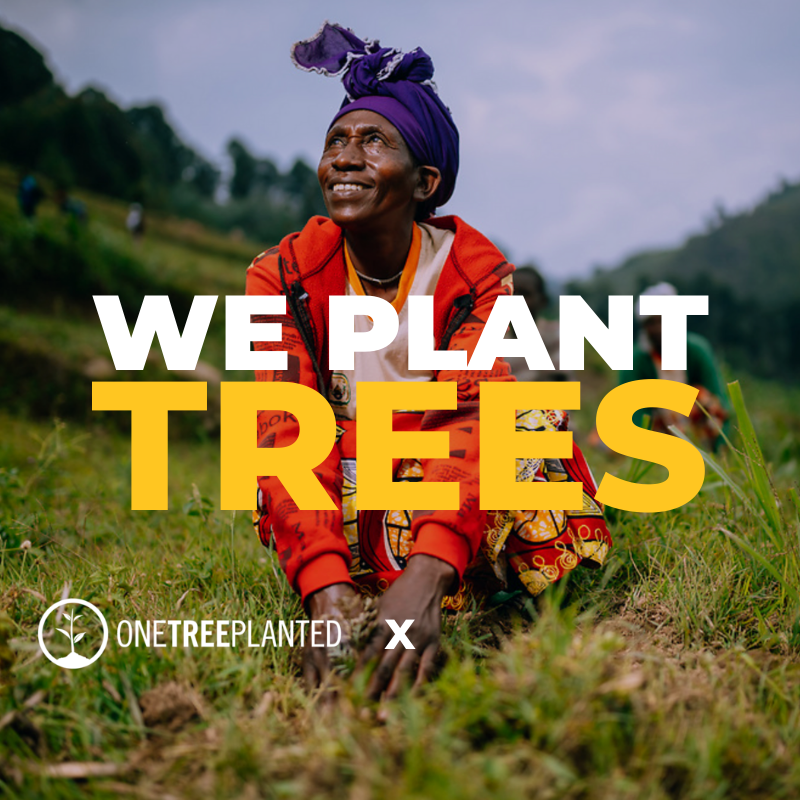

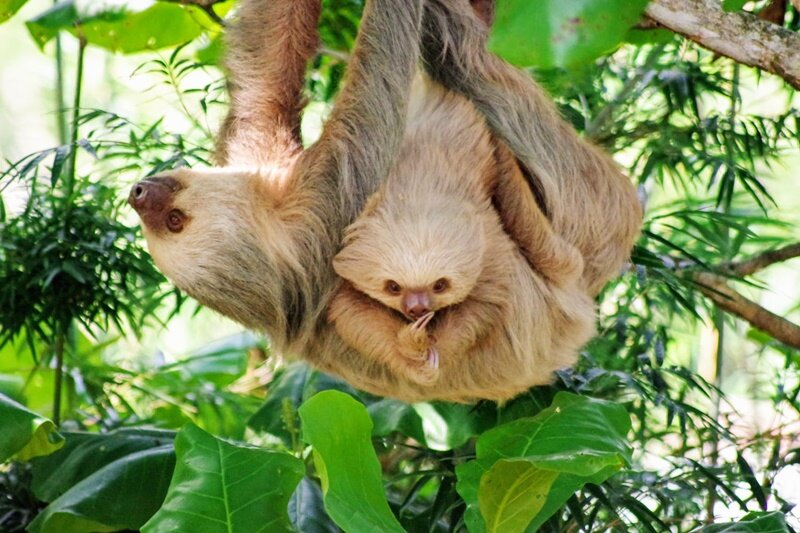
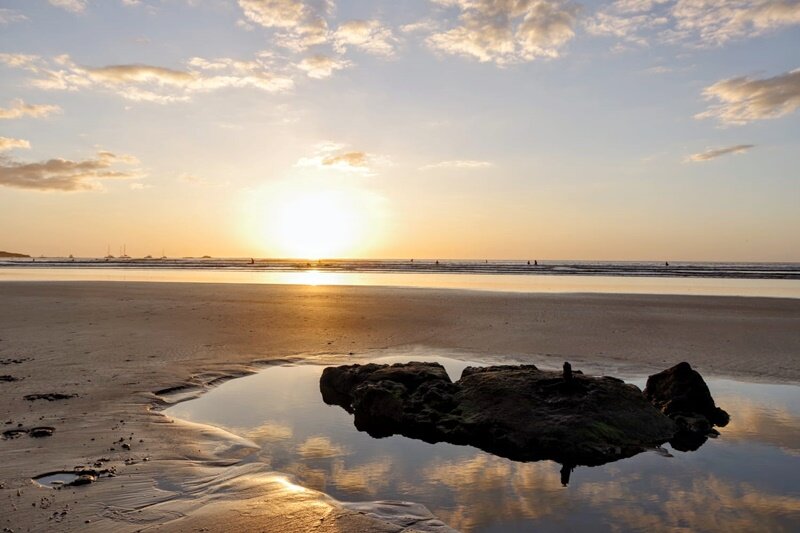
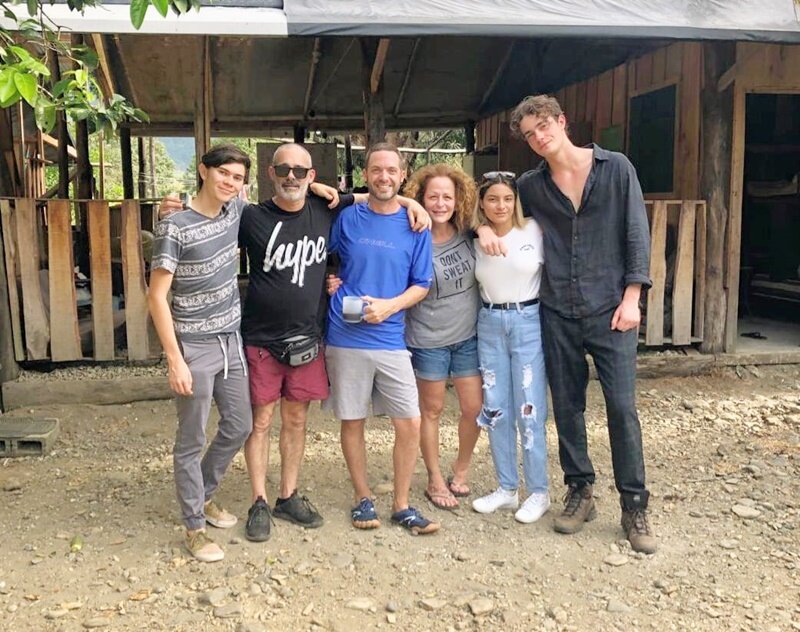
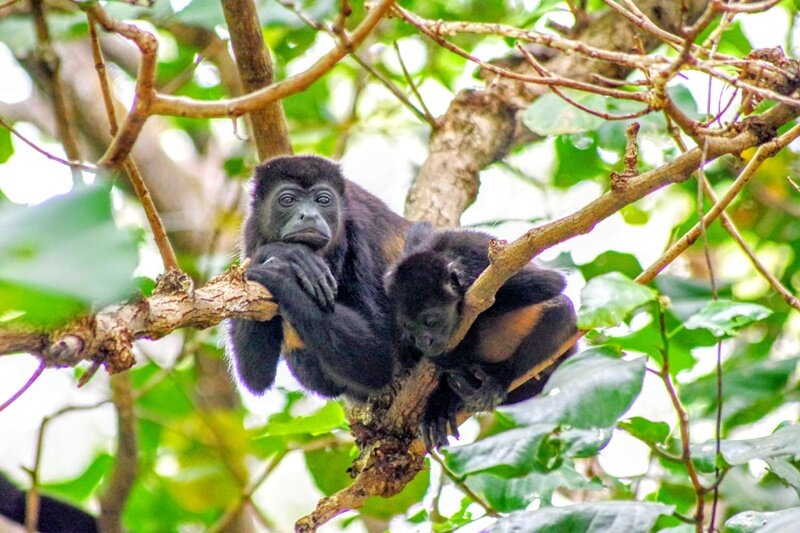
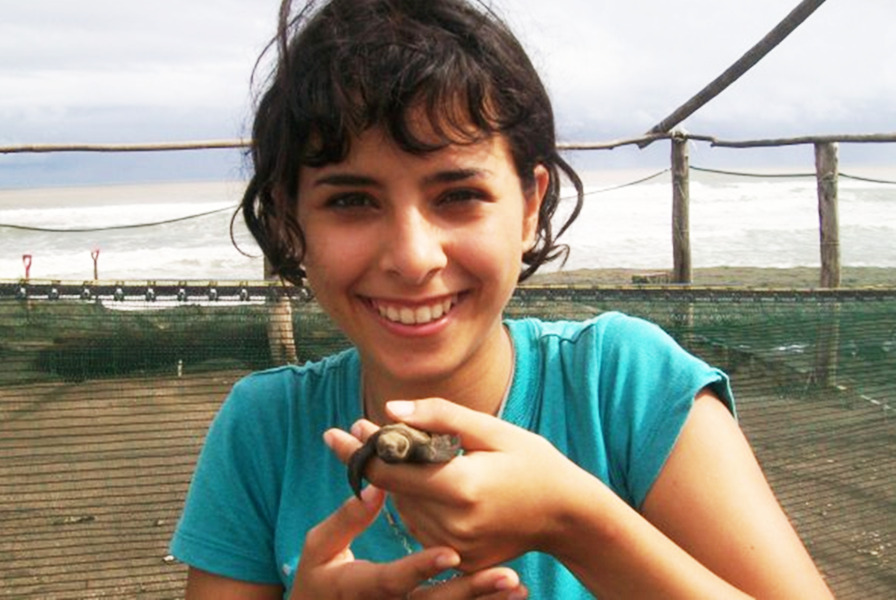
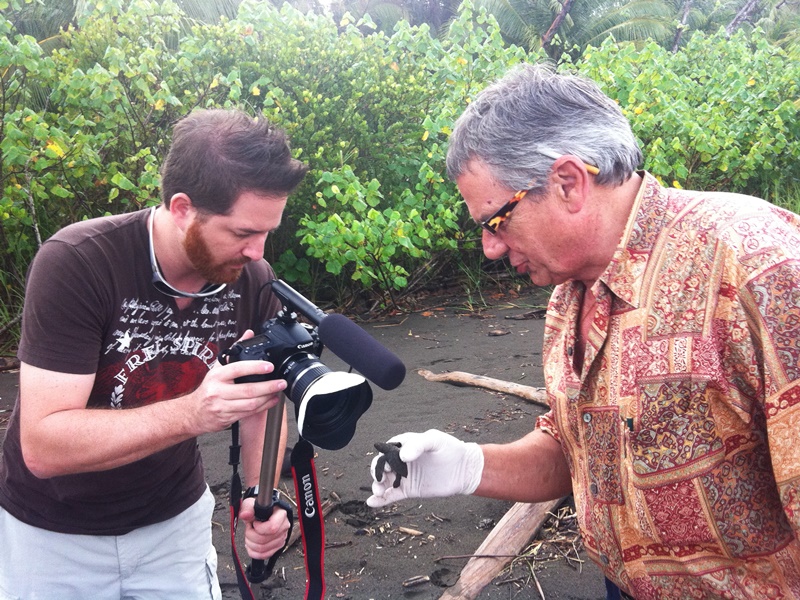
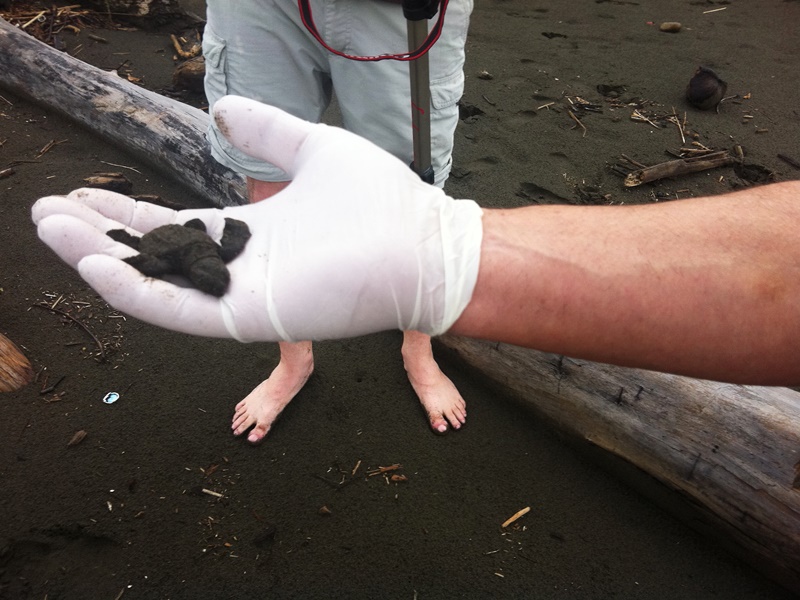
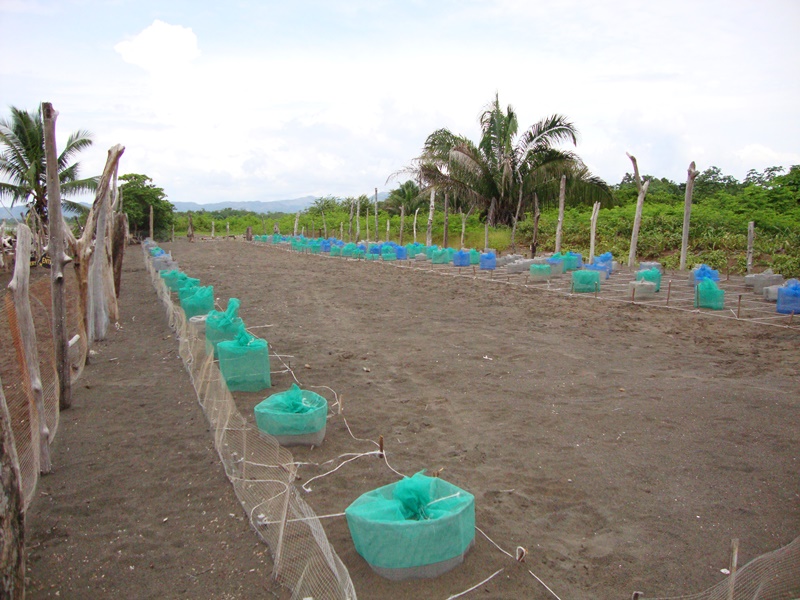
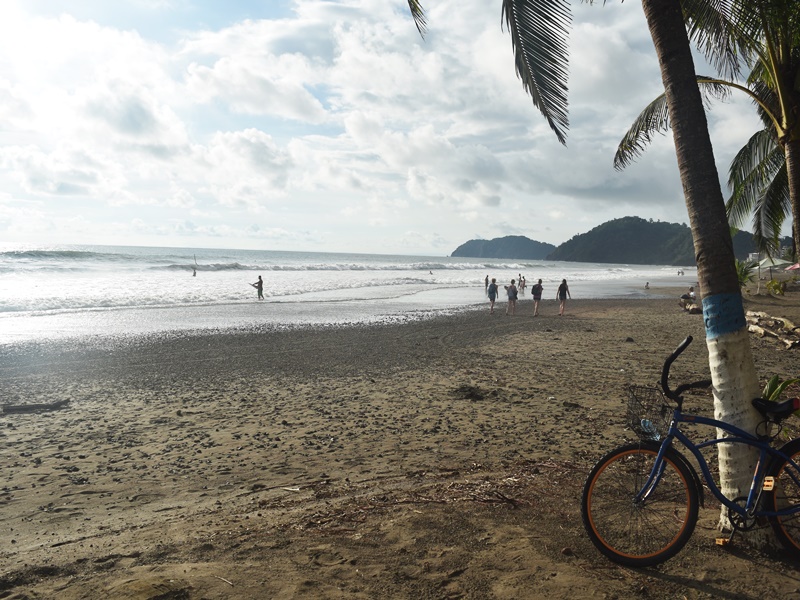
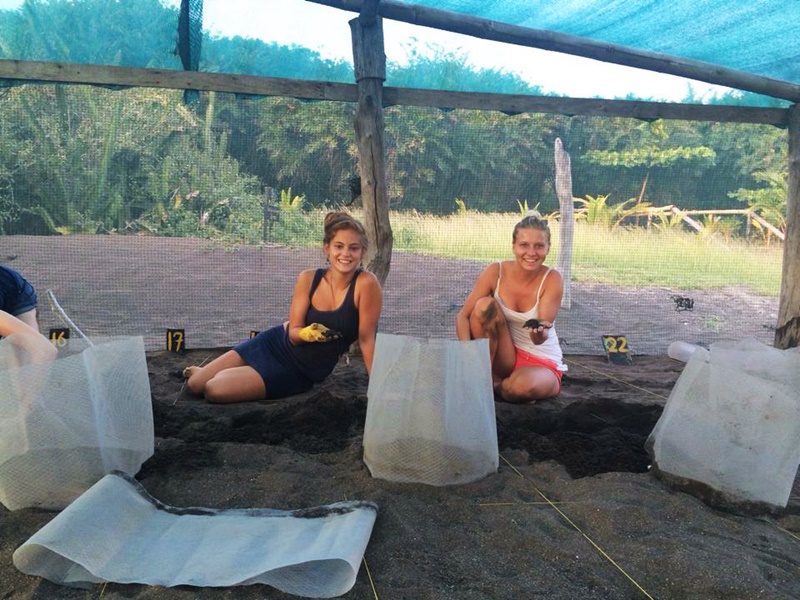
.jpeg)
.jpeg)
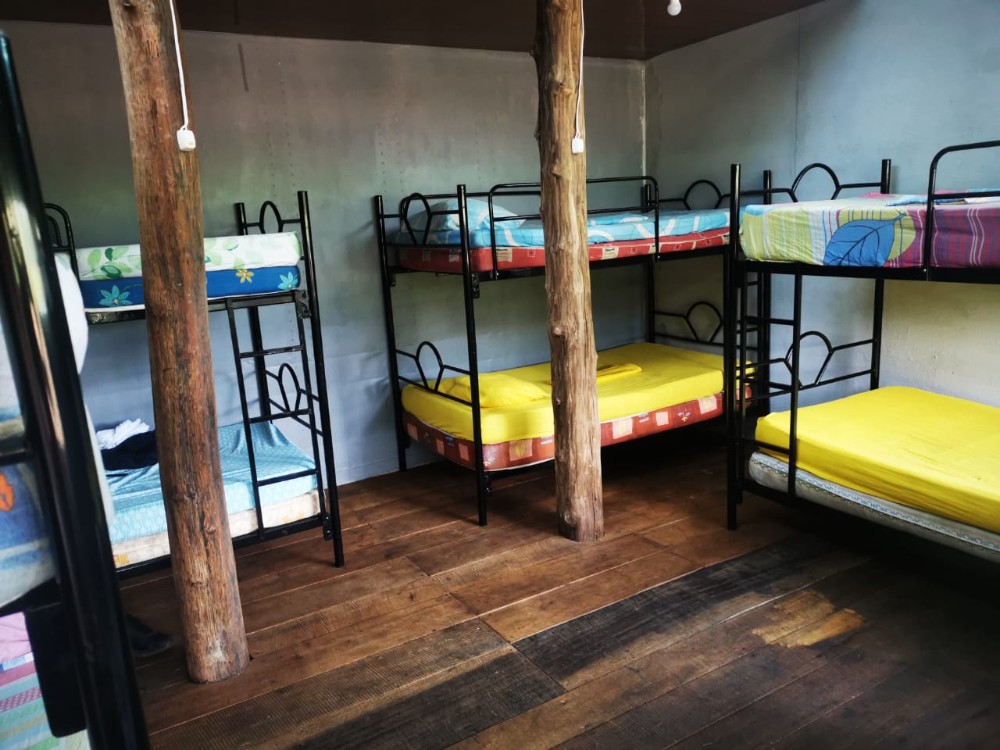
_min_(1)_(1)_(1).png)
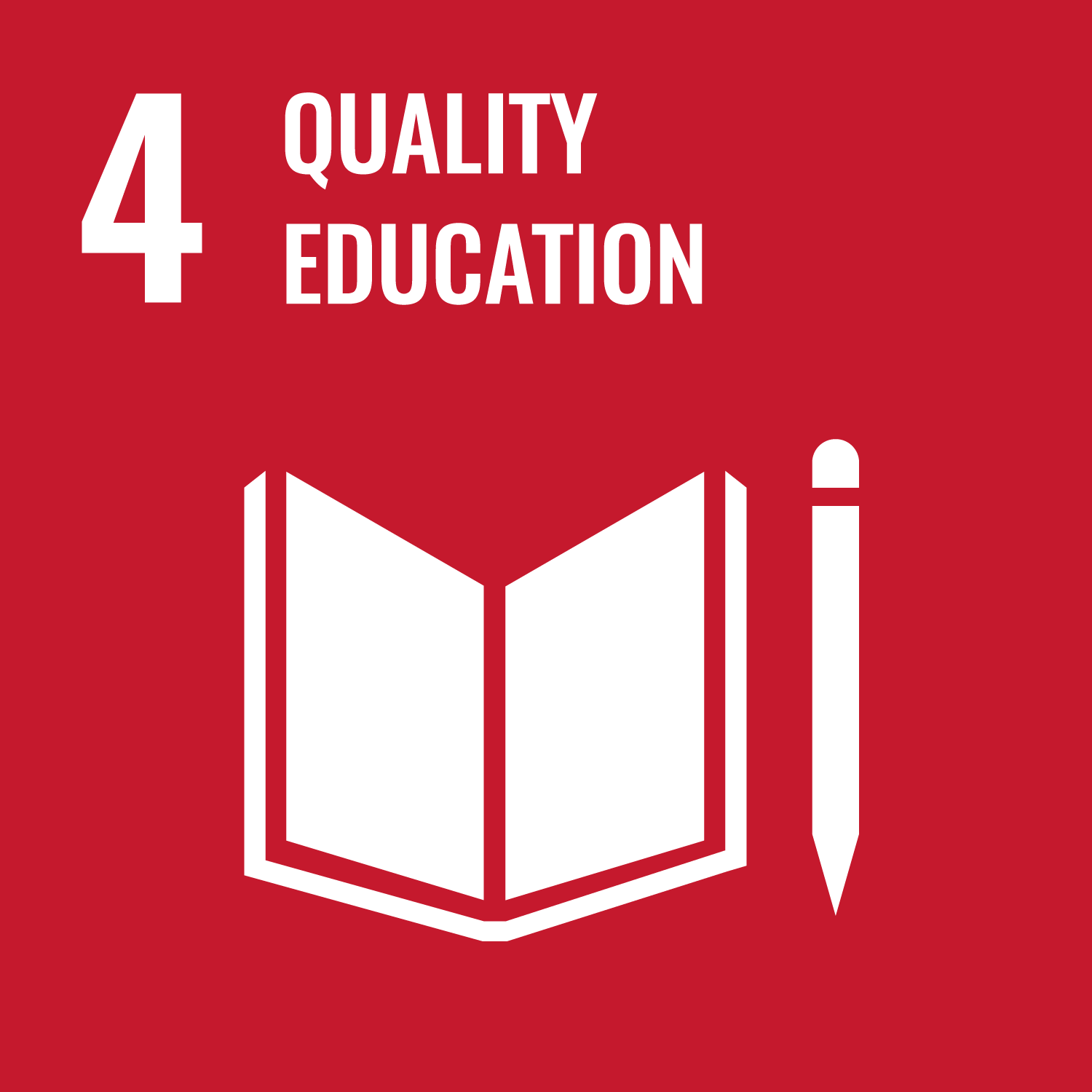

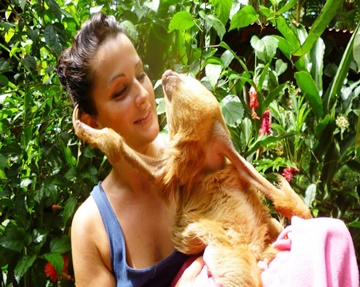

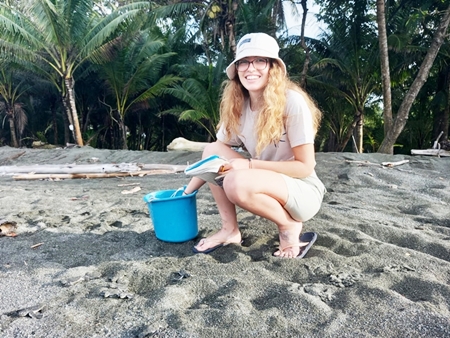
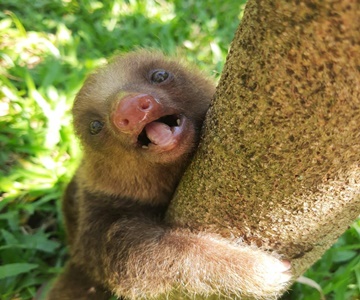
 Global Website
Global Website